For years, the world has known that fossil fuels are undoubtedly a danger for the planet, but due to recent research, scientists know that they are causing immediate and irreparable damage.
And at the UNFCCC COP28 Climate Conference this year, the U.N. and hundreds of other countries finally agreed, “It’s twilight for the fossil fuel era.”
What Is the COP28?
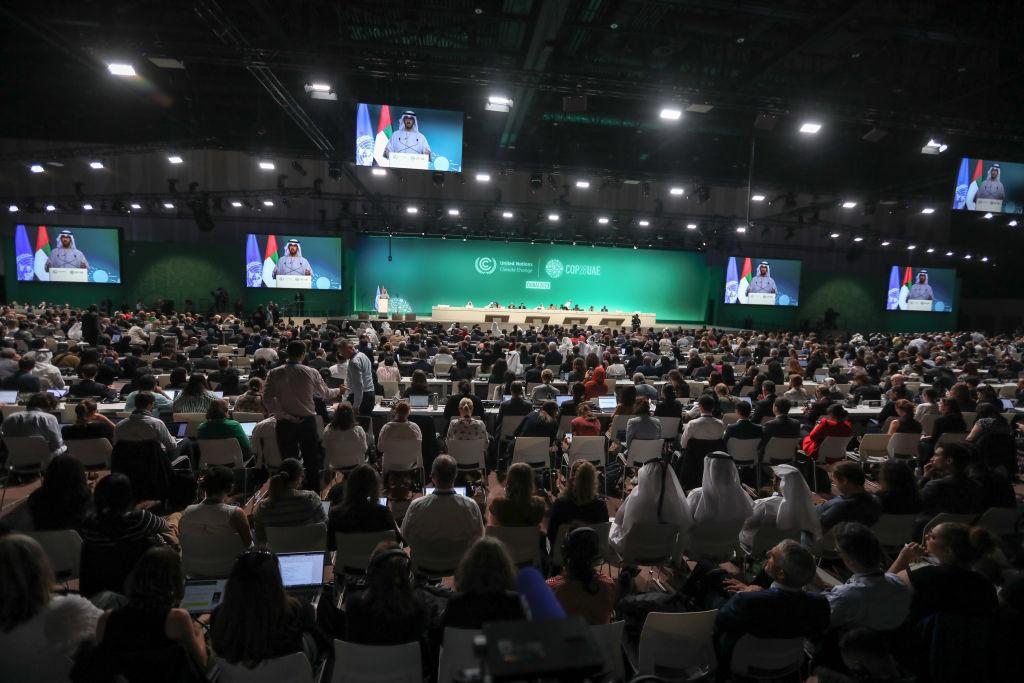
The United Nations has hosted a climate change conference every year for the past thirteen years. In 2023, it was called the UNFCCC COP28 Climate Conference and it lasted more than two weeks.
And this year, countries from all around the world not only attended the conference but also finally agreed to what’s known as the U.N. Framework Convention on Climate Change.
The U.N. Framework Convention on Climate Change
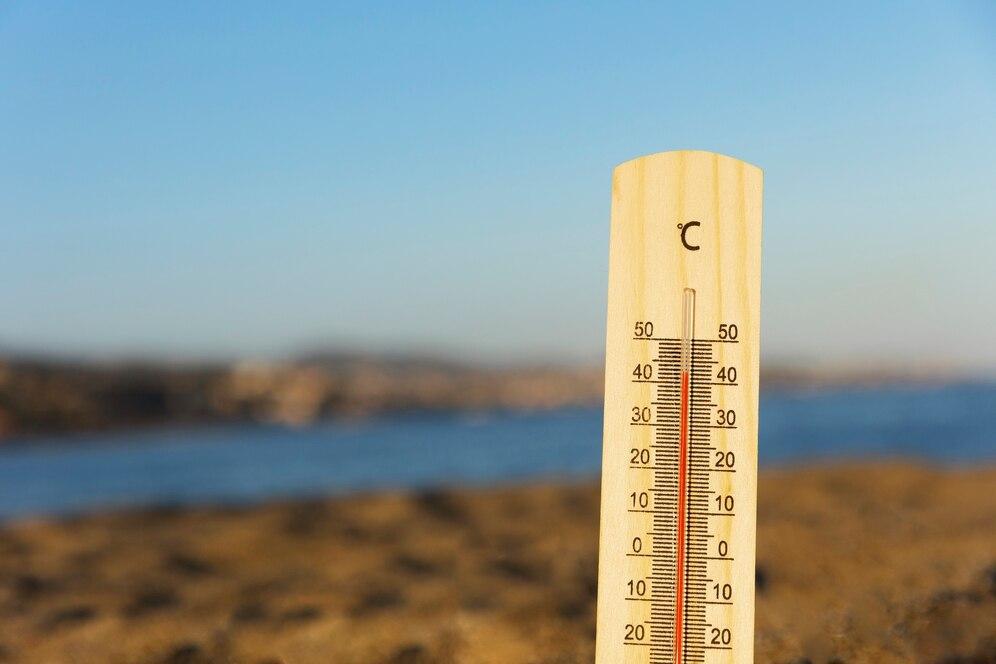
More than 200 parties agreed to the U.N. Framework Convention on Climate Change, which states two important and historical changes in policy.
First, each of these countries will work as hard as possible to completely eliminate fossil fuels and, second, to keep the Earth’s increasing temperature to below 2.0 degrees Celsius or 3.6 degrees Fahrenheit.
How Can the Increase in Temperature Be Curtailed?
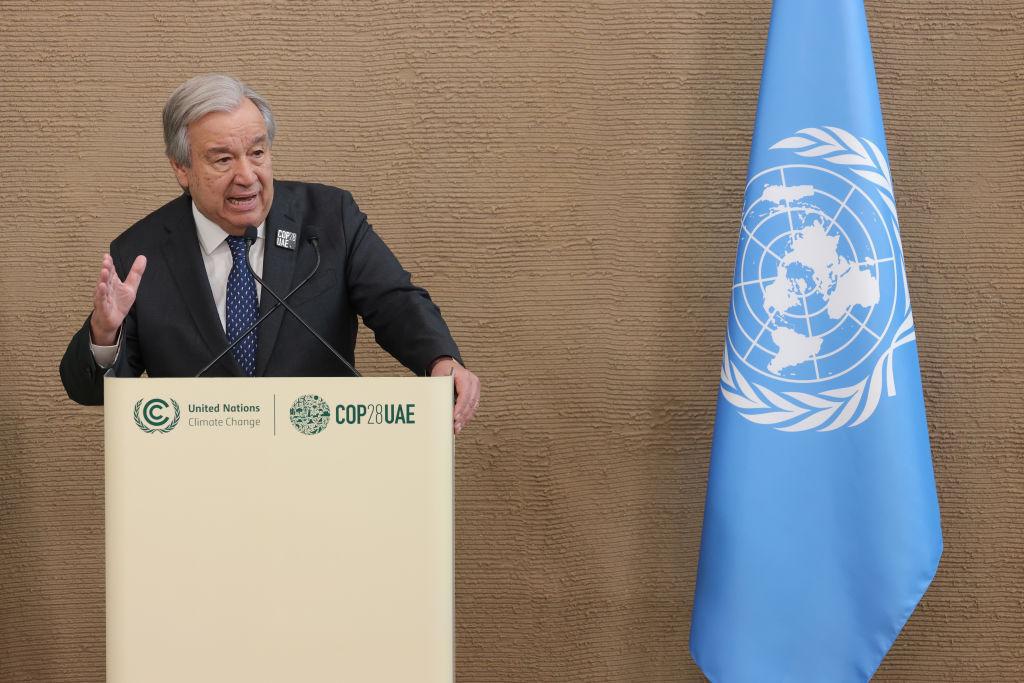
It’s important to understand that these two promises go hand in hand. The U.N. Secretary-General António Guterres explained it when he said that keeping the temperature below 3.6 degrees Fahrenheit “will be impossible without the [phaseout] of all fossil fuels.”
So that means that governments around the world need to start implementing the discontinuation of fossil fuel as soon as possible.
Let’s Talk About Fossil Fuels and Carbon Dioxide
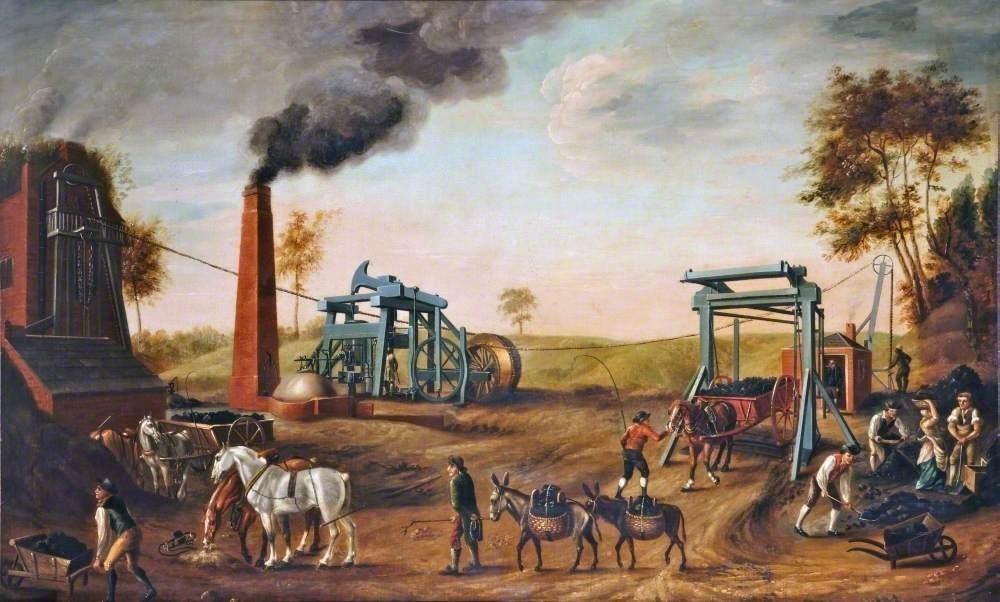
What many people don’t understand is that the use of fossil fuels is fairly new development on this planet.
In the mid 19th-century, the Industrial Revolution changed the world as we know it, but it also directly affected the amount of carbon dioxide in the atmosphere.
Carbon Dioxide Statistics
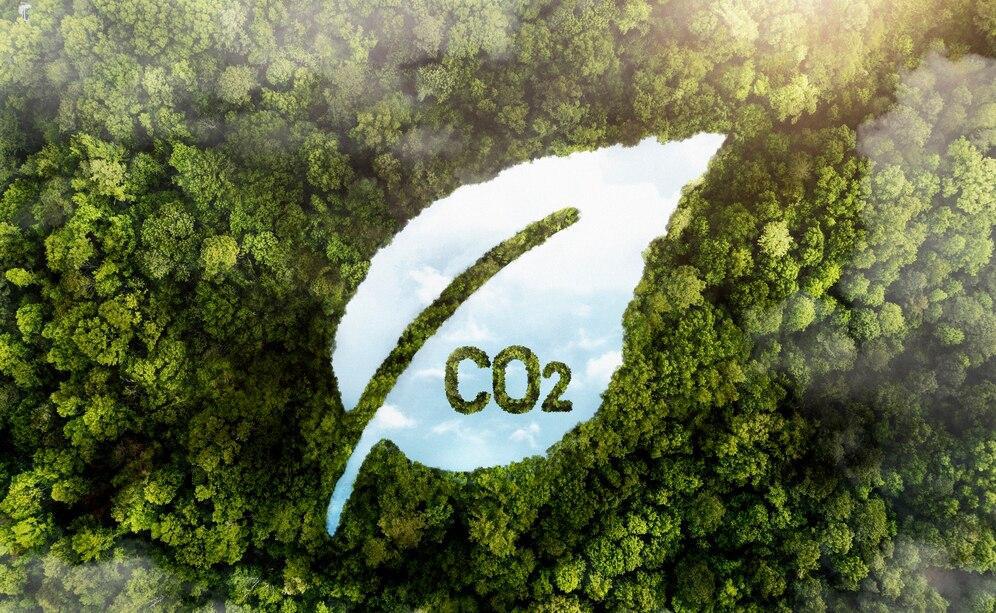
Before the Industrial Revolution, there were 280 parts per million of carbon dioxide in the atmosphere.
But the current number is 421.47 parts per million; that means that through fossil fuels, humans have created 1.5 trillion tons of carbon dioxide in just 150 years.
Carbon Dioxide in the Atmosphere

This incredible increase in carbon dioxide is directly affecting the Earth’s atmosphere, in fact, it’s making the atmosphere significantly thicker.
And according to the most recent research, if humans continue as they are now, the amount of carbon dioxide in the atmosphere will be completely irreversible in only six years.
The Threat of an Irreversible Problem

Now that scientists understand that the Earth’s atmosphere is almost at a point of no return, there’s no doubt that change needs to happen now.
However, even if humans completely stop using fossil fuels and keep the Earth’s temperature from increasing more than 3.6 degrees Fahrenheit, the planet will still struggle to recover completely from the damage already caused.
The Difference One Degree Can Make

Technically, the agreement at the COP28 stated that the members agreed to keep the earth’s temperature from increasing more than 3.6 degrees Fahrenheit; however, they are shooting for keeping it even lower, below 2.7 degrees Fahrenheit.
And scientists noted that the one degree distinction can make a huge difference in the very near future.
An Earth That’s 2.7 Degrees Warmer Vs. One That Is 3.6 Degrees Warmer
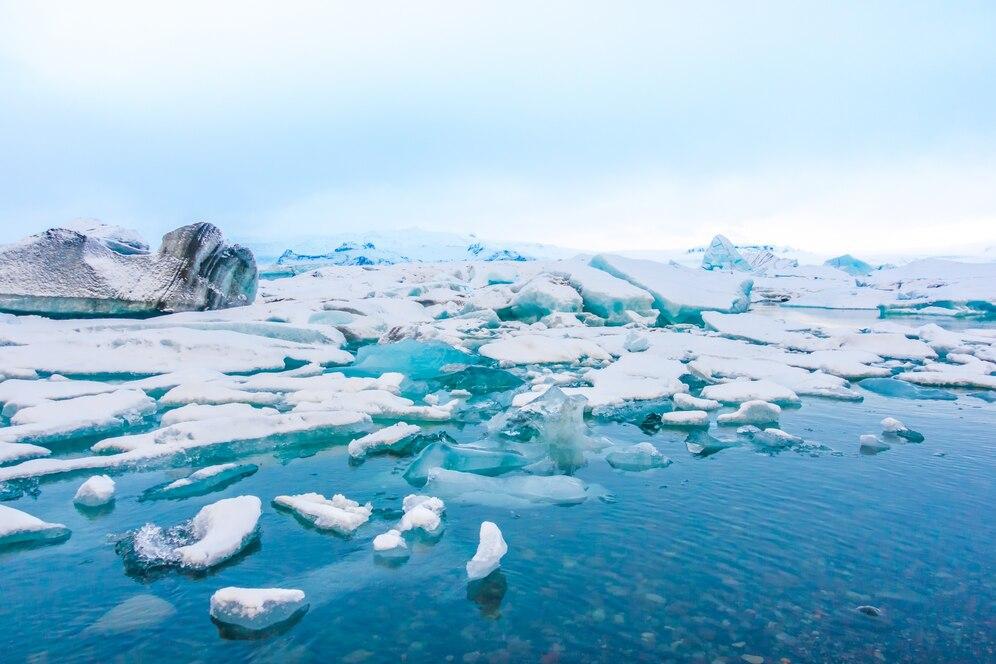
First, the sea levels will only rise by 18 inches by 2100 if the earth only warms by 2.7 degrees, but if it gets 3.6 degrees warmer, they will rise by 22 inches.
And it’s almost impossible to believe but a planet that warms by 3.6 degrees has a 80% chance of an ice-free Arctic summer, whereas a planet that warms by only 2.7 degrees has only a 10% chance.
The Excruciating Heat

As well, that one degree difference in the earth’s average temperature will completely change the actual temperatures humans experience.
The central US will have warm spells that last 21 days as opposed to 10, and 37% of people around the world as opposed to 14% will experience a heat wave if the earth warms 3.6 degrees instead of just 2.7 degrees.
Climate Change Will Not Be Denied
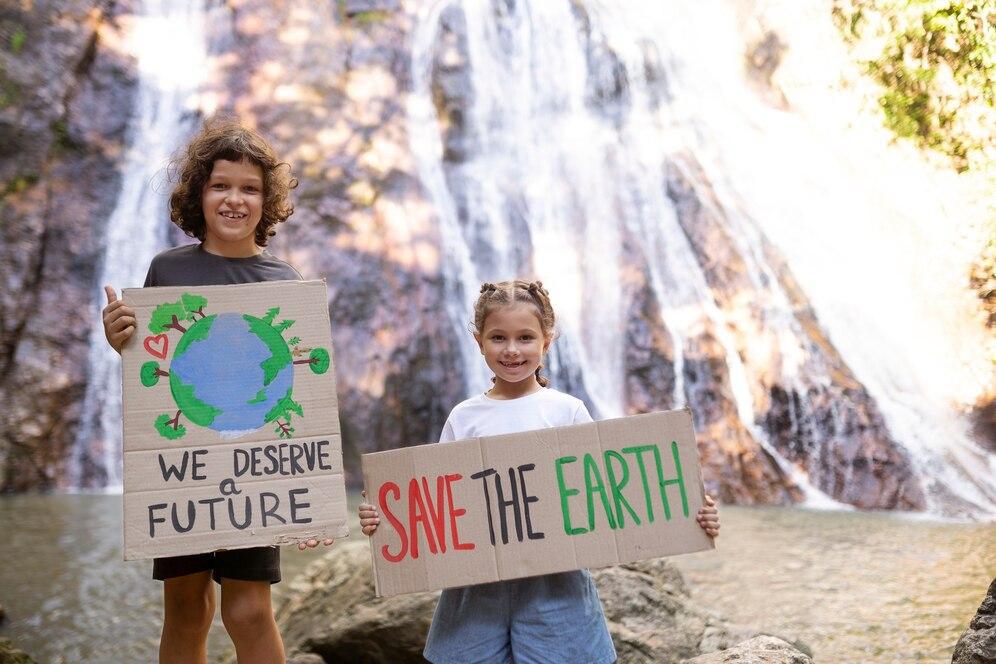
The bottom line is that the climate is changing, and as a global community, all people need to come together to make real and lasting change as soon as possible.
And while it’s not everything, the recent agreement at the COP28 to finally attempt to completely eliminate fossil fuels, and consequently, keep the earth’s temperature from rising, is definitely a big step in the right direction.

